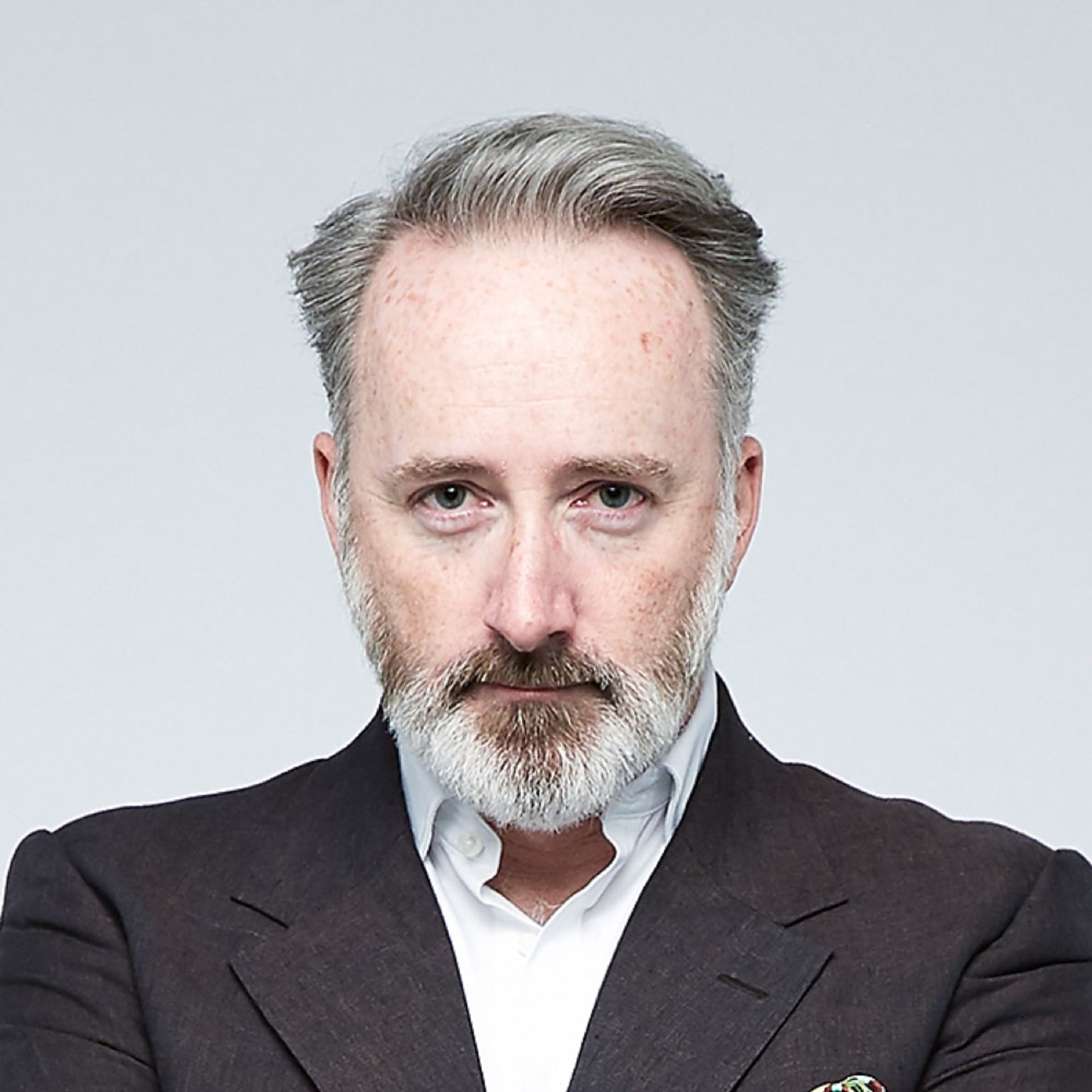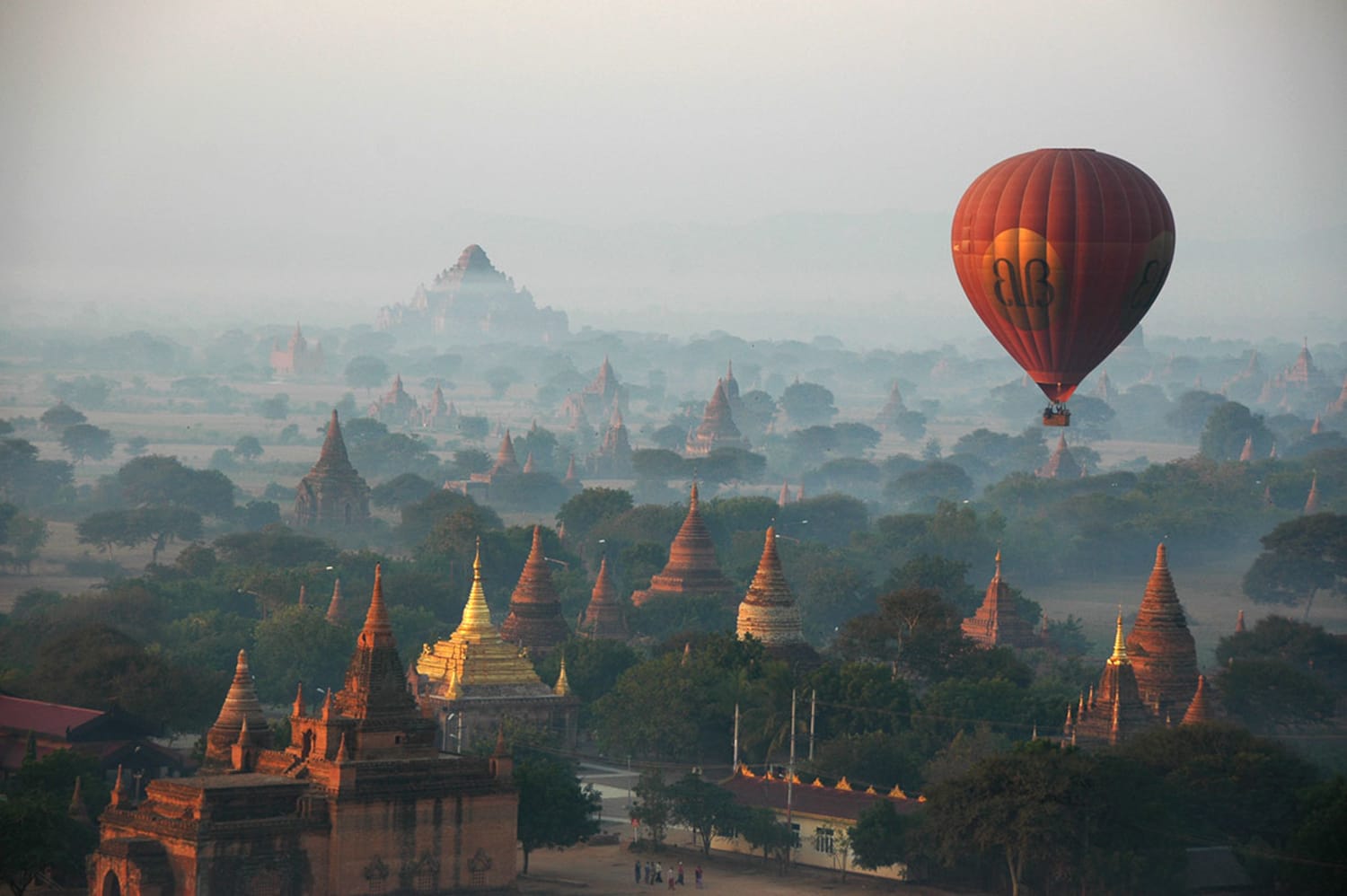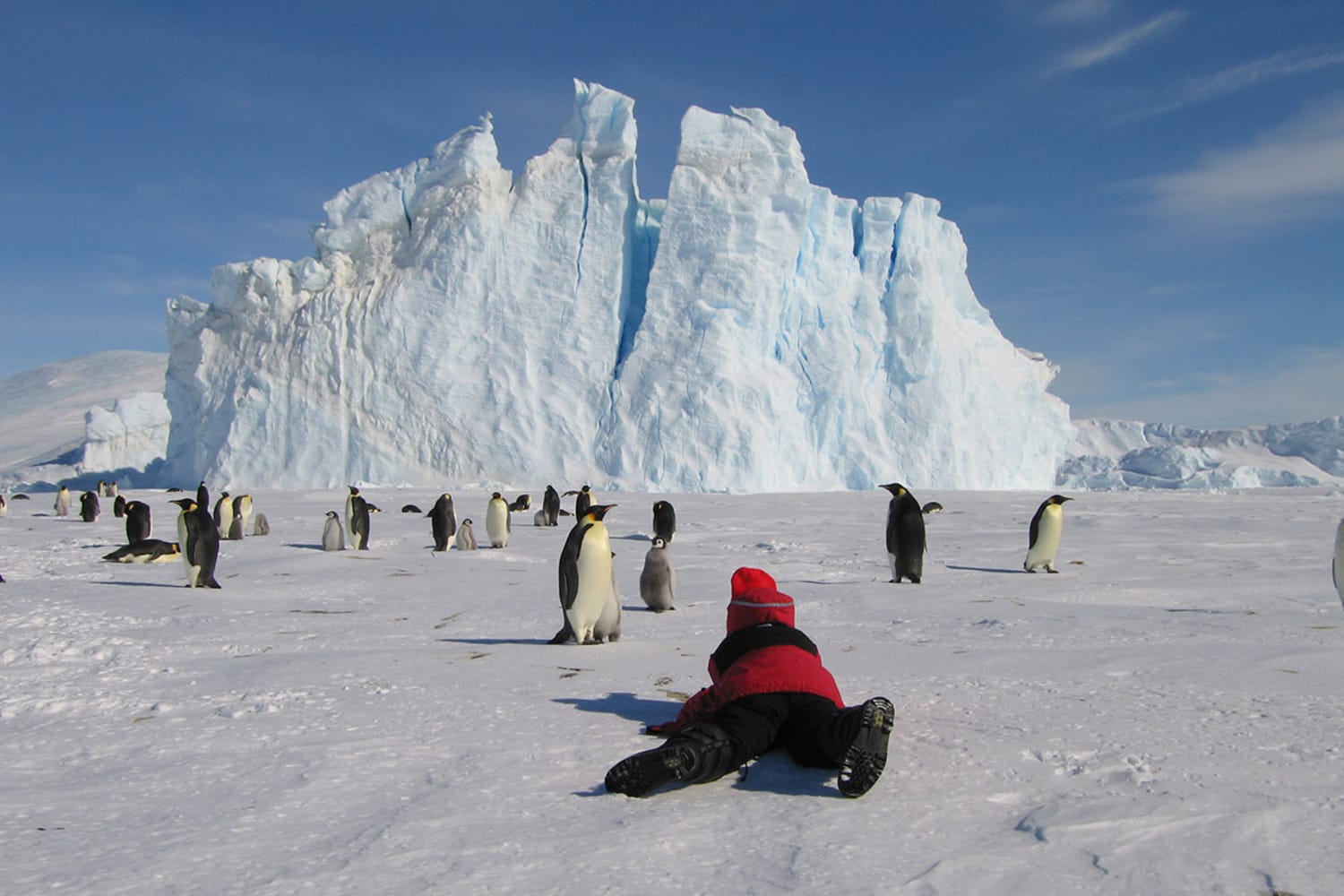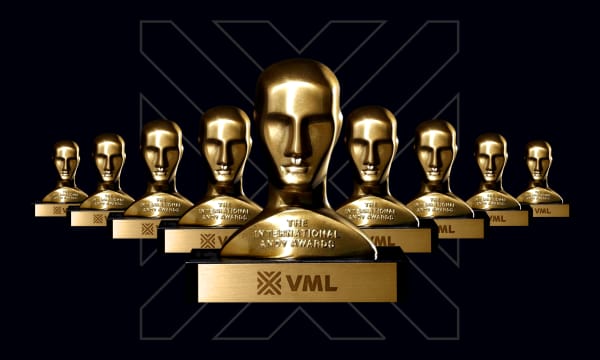What makes Brown and Hudson unique?
We have a deep connection to the reality of travel, rather than the run of the mill business of selling travel. And that’s quite an important difference, because it means that you are accountable for everything that happens to someone when they’re on the ground. That ties in with the pre-trip interview process we go through. It makes sense that if someone is asking you to create an experience that could be worth half a million pounds or a couple thousand pounds, that you would invest the time in trying to understand their needs, their motivations, their fears, their attitudes towards risk, and their values.
We involved someone who took our basic questions and then developed them in two areas: personality traits and values. Personality traits are things that people inherit, the kind of traits that stay with them for a lifetime, and values are what you develop as a result of your surroundings and social motivations, and these can change over time.
We’ve gotten to a place now where we use the information we glean to create an experience, and, by working with a couple of different psychologists, we feed that back to the client to give them a better understanding of who they are as travelers and how travel can benefit them.
What is your process for ‘diagnosing’ travel?
It’s basically an interview process. Clients are asked a range of questions on a scale from ‘that’s me’ to ‘that’s not me at all.’ Some of those questions could be, ‘I’m a control freak; I don’t like leaving things to others,’ or ‘I like to be creative and I’m constantly finding new ways to express this,’ ‘I thrive on new experiences and always seek them out,’ ‘I need to feel I belong, whether it’s to the people I’m with or the place I’m in.’
We involved an expert in behavioral psychology, and he opened our eyes to new ways of questioning. And then we started thinking about the act of travel, which is essentially just living as you do in your home city, but you’re living in a new city, and how that change affects you; it affects your psychology, it affects your hormones. We think of clients as living organisms who will react in a certain way when they visit an orphanage, for example, and the hormones that are released will affect their mindset.
We had a client recently from Kazakhstan. One of the questions we asked was ‘if you could have anyone to dinner tomorrow night, who would it be?’ and another was ‘what’s one of your fondest childhood memories?’ And that particular person answered that they would invite Vladimir Putin to dinner, and that their fondest childhood memory was being taken by their uncle to see Soviet military parades. That gave us real insight into what their particular experience should include. It’s a very intimate process.
How is the perception of luxury travel shifting?
For most of our clients, their definition of luxury is utterly personal. We have some clients who give us a very, very strict brief, and they seek nothing more from us than to deliver exactly that brief. Others give us carte-blanche.
But the one thing that unites all our clients is that – in Burger King language – they want it their way. And their way is something that can be one thing when they’re planning the trip, and then can vary when they’re on the ground. So, there’s inbuilt flexibility in how we interpret responses to the psychological assessment, but then also in how we deliver on the ground.
But in travel at this level, where you’re dealing with people who are investing substantial sums, what we create needs to be able to fit that person and evolve with that person on a minute-by-minute basis.





